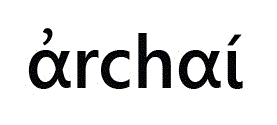Abstract:
This paper focuses on the figure and the role of Aspasia in Aeschines’ eponymous dialogue, with special regard to the Milesian’s ‘paideutic’ activity and the double bond connecting it to Socrates’ teaching, namely the elenctic method and a particular application of Σωκρατικὸς ἔρως. The study aims to highlight some crucial traits of Aeschines’ Aspasia by examining three key texts, all numbered among the testimonies on the Aspasia: Cicero’s account in De inventione 1.31.51-53 and two fundamental passages from Xenophon’s Memorabilia (2.3.36) and Oeconomicus (3.14). After analysing a set of ancient sources which repeatedly mention the close and personal association between Socrates and Aspasia (Plato, Maximus of Tyre, Plutarch, Theodoret of Cyrus), I will try to reconstruct the dialogical context of Xenophon’s testimonies and to combine them with Cicero’s account. My final aim is to clarify the role of Aspasia in Aeschines’ presentation of the Socratic theory of ἔρως. In pursuing this main objective, in the concluding section I will address two further issues: (1) Aspasia’s connection with the figure of Diotima, as depicted in the same ancient sources and (2) the relationship between Aspasias’ pedagogical use of ἔρως and that made by Socrates in the Alcibiades.
Keywords:
Aeschines’ Aspasia ; Socrates; Socratic method;
eros
;
paideia
